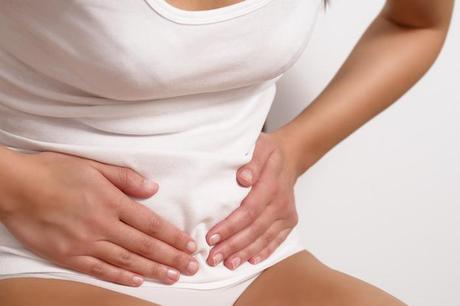
After you go through your menopause, it becomes a bit hard for you to have proper control on the bladder. This is a very common issue which occurs due to hormonal changes in the body.
According to Dr. Anna Cabeca, following are few things that you may do in order to take charge of your problem. Usually, this stage comes in ever woman's life after they go through their menopause, or during last menstrual period of the cycle.
Women are considered to be in her postmenopausal stage, when she stops getting her menstrual period for one year. Usually, majority of women go through this menopausal transition at the age between 45 to 55.
However, the average age when women have their last menstrual period usually is about 52.
When menopause begins, the ovaries will cease to produce the main female hormone known as estrogen, and due to its absence, it may produce wide varieties of symptoms as given below.
Also, due to lack of estrogen for long-term many women may suffer from:
Most women also may experience certain urogenital problems during the years after menopause. Various urogenital problems may include the following problems:
- Urogenital atrophy or vaginal dryness
- Many women may also have changes in pelvic floor and prolapse.
- Lower urinary tract - While women get old, many may find certain problems with the urinary tract. Few women may also experience OAB, that lead to problems for their urinary urgency.
- Infection in the lower urinary tract - This is also called UTI and commonly known as cystitis in medical terms, which is one other form of "waterworks" problem. One very common symptom of this cystitis is a burning pain while passing urine
Actually, all these problems are quite common and more widespread than any women can imagine and also, they may feel uncomfortable to discuss about such problems with their family, friends or even to a nurse or doctor too.
Yes, there can be many ways for helping women with prolapse, incontinence, cystitis and also recurrent infection.
They can ask either to their GP to refer them to certain Community Continence Advisory Service, where there is a specialist physiotherapist, and also there is Gynecology department to offer an expert opinion.
Further InformationThere are plenty of women who may have certain postmenopausal problems that could affect their vagina, vulva and waterworks, but it is important that they should never feel shy to talk about such subject or also ask for help.
Plenty of healthcare professionals who are dealing with women issues during this stage of age and are very much aware about these conditions and also their seriousness, and also the effect they may have on quality of life of women and their relationships.
No women should feel afraid to seek help, and they must remember that they are not just alone and also there are many treatments are available which can be done in order to help them.

